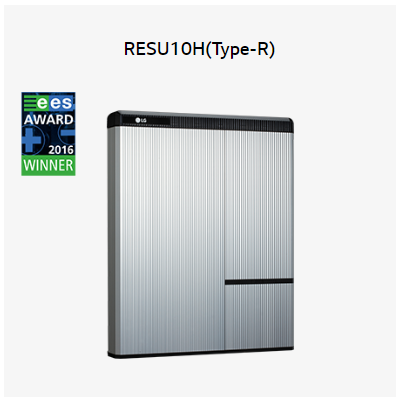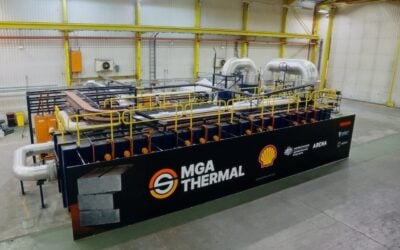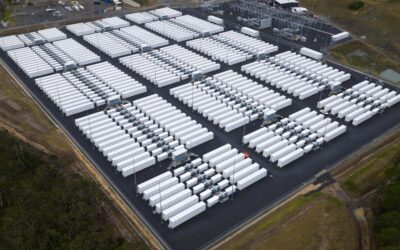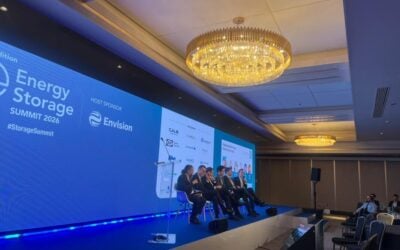
Further attempts are being made to recall batteries thought to pose fire risk through overheating in Australia, with thousands of home energy storage systems believed to be affected.
The Australian Competition & Consumer Commission (ACCC) said today that it is reaching out to contact households that have battery storage for their solar PV systems made using LG batteries that ACCC described as “dangerous”.
The recall concerns certain batches of products made between March 2017 and September 2018. It follows earlier attempts including a voluntary recall and replacement programme from the manufacturer to get them out of circulation.
The batteries can overheat and catch fire, ACCC said, and the consumer protection body is reaching out to alert homeowners that might have them.
Try Premium for just $1
- Full premium access for the first month at only $1
- Converts to an annual rate after 30 days unless cancelled
- Cancel anytime during the trial period
Premium Benefits
- Expert industry analysis and interviews
- Digital access to PV Tech Power journal
- Exclusive event discounts
Or get the full Premium subscription right away
Or continue reading this article for free
As reported by Energy-Storage.news in May this year, there were thought to be about 7,300 affected units in total, of which the majority remained installed despite two recall notices issued by the South Korea-headquartered manufacturer in 2021.
A similar recall was carried out in the US on about 10,000 LG Chem RESU 10H battery storage systems, again manufactured around the same time as the Australian recalls and imported into the US. Sunrun, one of LG’s installation partners in the US, said in 2020 that it had proactively replaced batteries, affecting about 5% of the company’s residential battery installs.
The issues don’t just affect LG systems: third party systems branded SolaX, Opal, Redback, Red Earth, Eguana and VARTA that also use LG cells could pose a fire risk, according to ACCC.
“We remain very concerned about the fire risks these faulty batteries pose, so please act quickly,” ACCC deputy chair Delia Rickard said.
There have been nine reported incidents since October 2019, including one where a person was injured and three instances of property damage in Australia, Rickard said. In the US too, one person has been reported injured.
ACCC’s Delia Rickard noted that the recall has been updated twice to include new models, affected systems and manufactured dates, so homeowners should check serial numbers again even if their system wasn’t included in previous recalls.
To date, about 2,900 batteries have already been removed or replaced from customer properties, with a further 1,400 switched off or throttled down to 75% maximum charge in order to minimise risks until they can be replaced or refunded.
Meanwhile a further 3,000 systems still need to be traced, with SolaX and LG working to identify their locations and owners. LG has also advised ACCC that there are an additional 10,000 battery systems at risk of overheating.
LG has proposed installing diagnostic software to those batteries which can determine their state of health and whether they need to be taken out of operation. The software is currently undergoing an evaluation process by regulators in electrical safety.
LG said it will compensate homeowners that have higher electricity bills as a result of their battery system being switched off or removed.
Australia’s residential battery storage market totalled 333MWh of installations in 2021, around 30,000 systems, according to market intelligence group Sunwiz. That was from a total of 1,089MWh of estimated installation across all market segments for last year. Sunwiz has forecast 33,000 residential installs in 2022, around 363MWh at an average of about 11kWh per system.





